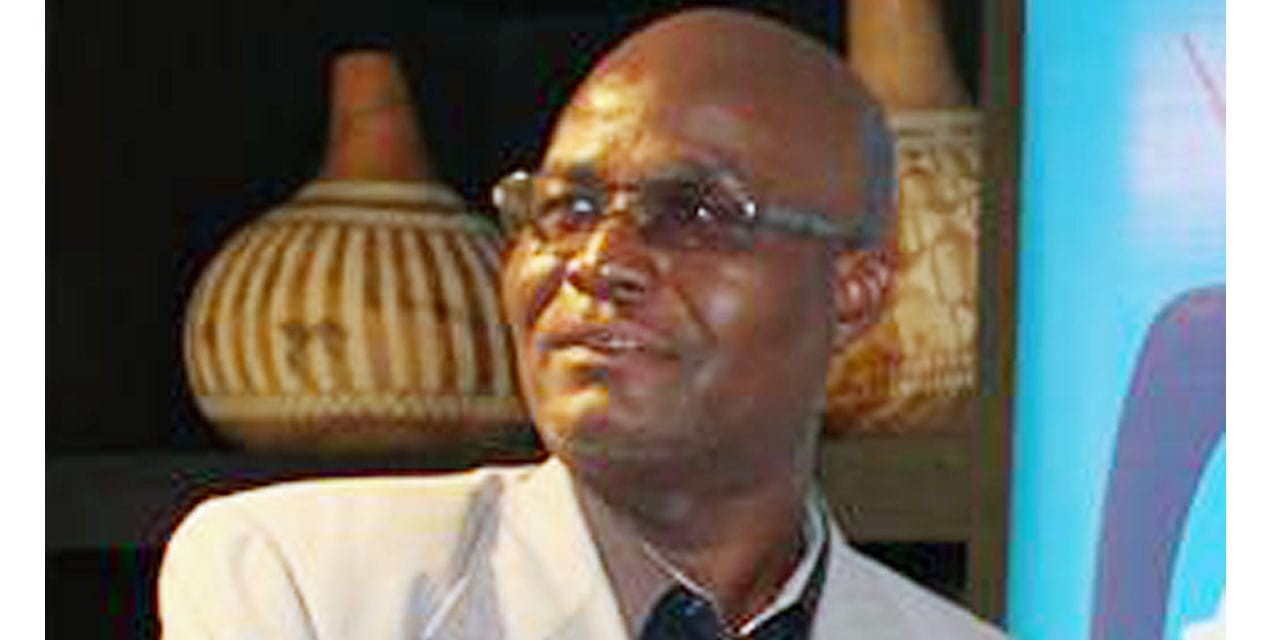Kandjemuni Kamuiiri
The Namibia Public Workers Union (NAPWU) says it’s not aware and has not been consulted over government plans contained in an International Monetary Fund (IMF) funding proposal to implement an early retirement scheme during financial year 2022/2023-2023/2024 as a means to contain the civil service wage bill.
Although it’s not clear how many government employees will be affected if government moves ahead with the proposal contained in the IMF’s staff supports authorities’ medium-term fiscal consolidation strategy to preserve fiscal and debt sustainability, the measures are aimed at reducing its huge public service wage bill.
Namibia according to government projections, this year N$29 billion will be forked out for salaries and benefits for civil servants, which translates to about N$2.4 billion monthly, levels analyst have labelled unstainable.
“We have not been consulted. In fact I should say thank you to you for making me aware of this. I am very surprised that this decision was taken up behind our backs. This is a very big problem because this is something that we should have been a part of as a workers union. We are having a big problem now,” NAPWU Deputy Secretary General Gabes Andumba told the Windhoek Observer.
Quizzed on what action the union will take regarding government’s plans, Ambumba said “We will now have to set up a meeting and determine what is going to happen now and how we will go about it and yes, members will be affected majorly.”
Ministry of Finance Spokesperson, Tonateni Shidhudhu when asked if the ministry had consulted unions, including NAPWU on the proposed government early retirement plan, said he is unable to comment, maintaining the proposal was nothing new.
“The matter is nothing new and should not be linked to the IMF COVID-19 loan. It has been announced by the Ministry of Finance in budget statements for some years now. There was no negotiation with the IMF with regard to reform measures the country is undertaking,” he said.
“The government just described its ongoing intervention strategies in her letter of intent to IMF when it requested the Covid-19 financial support.”
According Shidhudhu the decision whether or not Namibia wants to proceed with the proposed reforms, is entirely in the hands of Namibia, not the IMF.
“The key question we should ask ourselves is what is in the best interest of our country. Details on the wage bill reforms can be provided at a later stage once the reforms have made progress,” he said.
In terms of where government will get the funds for early retirement Shidhudhu said the Government Institutions Pension Fund (GIPF) will be expected to payout its member’s benefits.
“Retirement is just retirement, whether its early retirement or not. Government employees always have their contribution to GIPF every month. When you retire or resign, the GIPF pays out your pension and that’s what is going to happen,” he said.
Shidhudhu further insisted that there are no conditions attached to the IMF loan, “these are not conditions but are rather means of determining the exponential plan on how and what government will do to pay back the IMF loan. It does not mean that it’s a conditions attached to agreement, that was part of the information that government shared with IMF because we have already been implementing such reform. The public service wage bill has been coming a long way before the IMF application was made.”
When asked what the targeted age is for early retirement, Shidhudhu said those are reforms that are still being discussed.
“What has been in place so far is that the age of 55 is considered as early retirement. We are not going to force people to retire, it’s voluntary. Government is just encouraging people to say that if you want to retire at the age of 55 you can and you will be considered as a pensioned,” he said.
This comes as IMF put government under strict surveillance to see that the N$3, 8 billion loan that it borrowed, is solely for the purpose of its COVID-19 vaccination plan.




